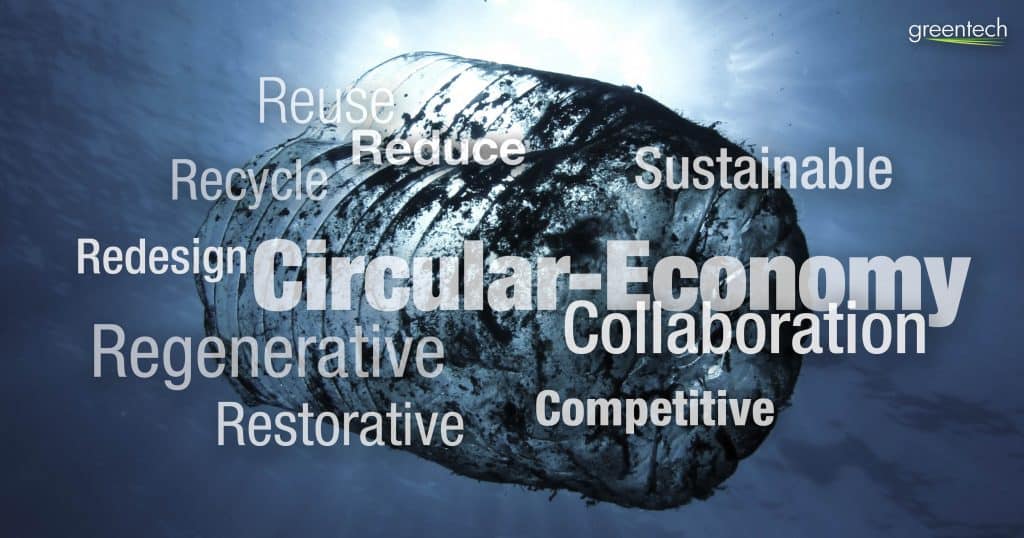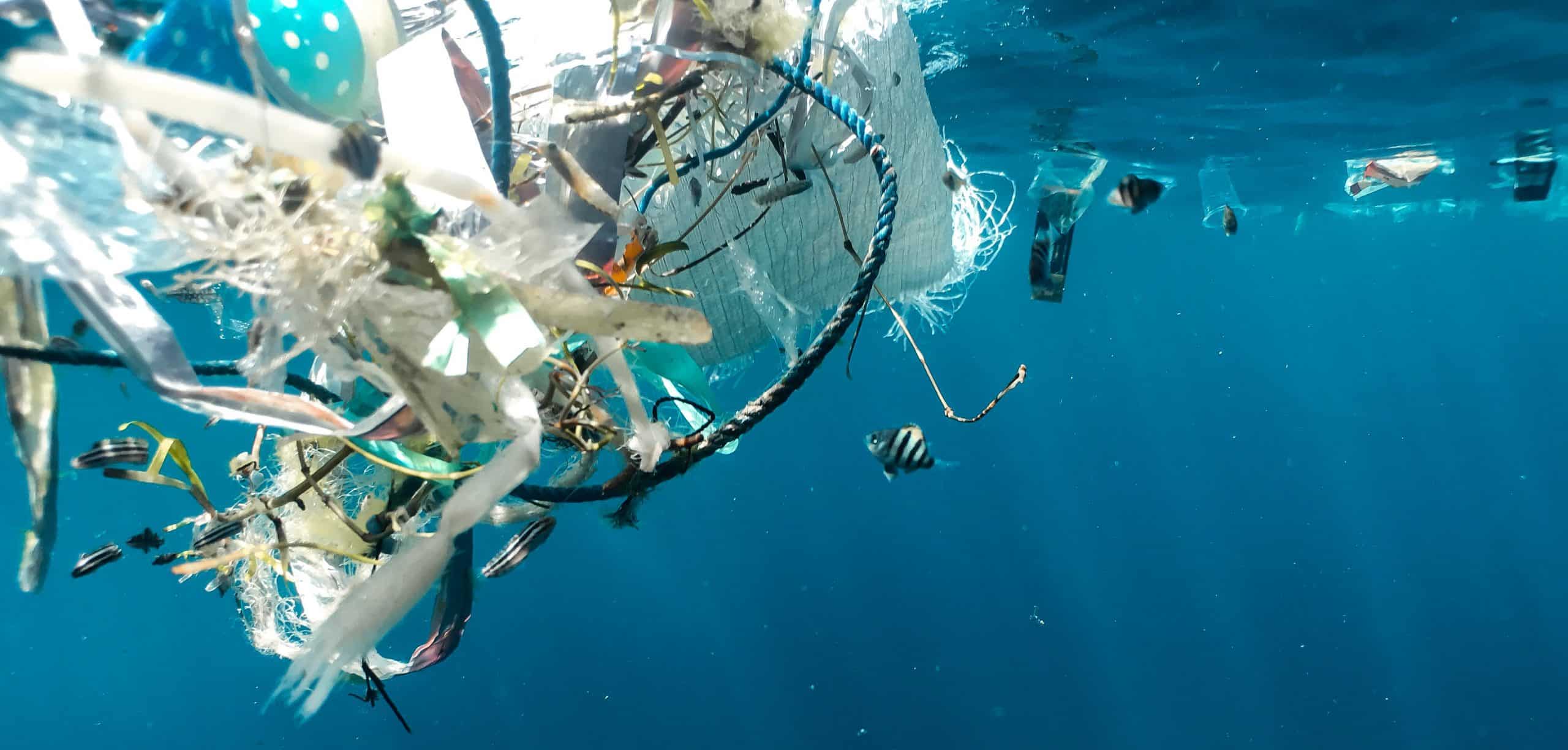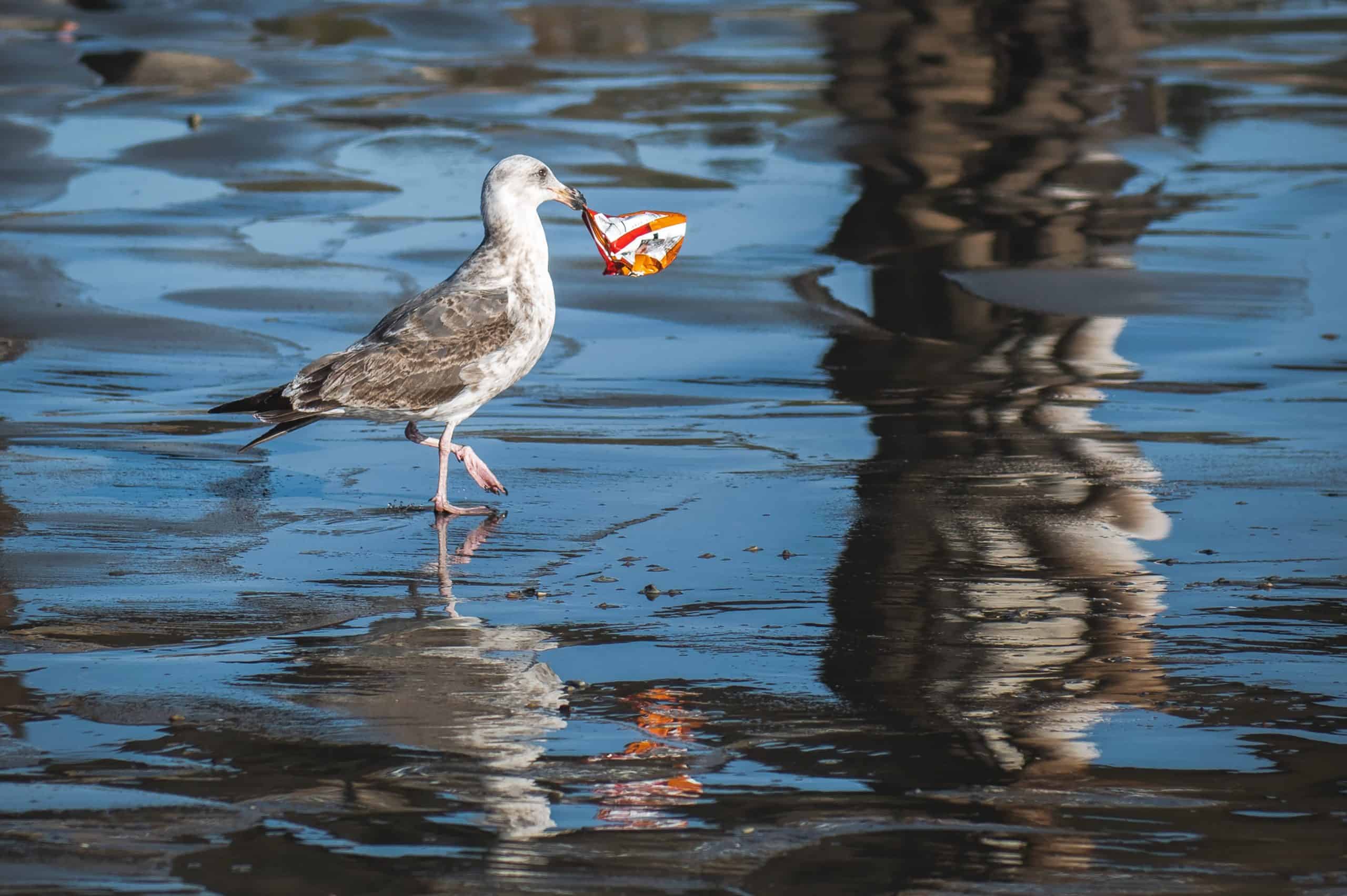
July 2021
Strengthening the circular economy with business partnerships
For a world that generates 2.01 billion tonnes of municipal solid waste each year, the idea of a circular economy is becoming increasingly appealing. From an individual level to a business level, there is a shared concern that mass production of single-use products is not sustainable for our environment.
Confronting this global issue does not come without its obstacles, as the world has been operating in this way for centuries. Redesigning our current model will require worldwide participation, especially redesigning it in a way that is not detrimental to our businesses.
According to the World Economic Forum, a circular economy is “an industrial system that is restorative or regenerative by intention and design.” Its aim is to move away from the idea of products having a life cycle and a time to be disposed of and move towards continually reentering them into circulation. This is a successful way of eliminating waste, which in turn has benefits to the environment such as reducing pollution created during the disposal process.

A circular economy aims to achieve this through “the superior design of materials, products, systems, and business models”, meaning a key requirement for this waste-free model is creating and investing in new innovations that work alongside it.
Our current model, used by most businesses, works in a linear fashion and can be referred to as the “take-make-waste” model. Contrasting from the circular model, it involves the manufacture of a product, a period of time when the product is in use, and disposal of the product when it is no longer needed. As many single-use products end up in landfills, where they may not break down fully for hundreds of years, it has become clear that our current model is bound to leave a lasting negative impact on the planet.
The circular model presents us with the chance to take control over the waste we create. We can start by making daily eco-conscious decisions as individuals, such as recycling and reusing items, and build up to changing the system on a global scale.
Scaling up further than our impact as individuals, is the capability our businesses have to set the circular economy into motion. Many large corporations are beginning to recognise the benefits of a circular economy, but they need the help of startups with innovative ideas and solutions to truly make a difference.
One corporation taking action is retail company H&M, who have partnered with re:newcell – a Swedish startup producing a new material made of recycled cotton and viscose named Circulose. H&M have made known their ambitions to sell more sustainable clothing in recent years, and re:newcell have helped them to make that a reality.

At Greentech, we believe that forming business partnerships is one of the most effective ways to overcome sustainability issues. We work together with several brands who are presenting unique, environmentally friendly products to the global market.
An example being DGrade who produce clothing and accessories from recycled plastic bottles, including work uniforms and face masks. In one of our latest collaborations, we are working on a software that will revolutionise the circular economy through user rewards. By combining our strengths with our clients’, we are able to help each other to create something more impactful and with more marketability than if we were doing it alone.

With the transformation of our current economic model, comes reasonable concern that some businesses may not be able to adapt and will be compromised financially. This makes it vital that we educate fellow businesses through examples of our own success.
Collaborating with sustainable innovators is an excellent way of enhancing a company’s reputation and credentials. By helping each other to reach the global market, we can bring more attention to sustainable products and inspire other businesses to get involved. The drive to be sustainable opens many opportunities for businesses, where they can remain competitive in their field and still help the environment.

Across the globe, governments and organisations are recognising the benefits of transitioning to a circular economy. The European Union has recently put forward a Circular Economy Package, which includes tighter rules around reusing and recycling as well as an action plan to eliminate waste completely by 2050.
The main goal of this is to prevent waste as early as the production process, but the EU believes this policy can also contribute towards creating more “green jobs” for people. Businesses can take advantage of opportunities like this to expand and form new partnerships, helping us to reach significant global sustainability goals by as soon as 2030.
As the global population is predicted to reach 8.5 billion by 2030, the demand for consumer goods is sure to continue rising. The transition to a circular economy may be our best option to prevent this demand from causing more devastating harm to the planet.
If we can design a system where waste is no longer necessary, we can majorly reduce pollution in our air and in our oceans, as well as rely more on renewable energy sources. Working together is imperative to strengthening the circular economy, and by forming meaningful partnerships in the business world we can change the way we impact the planet for the better.
We are always open to collaborating with other businesses to improve sustainability. If you are interested, please get in touch to explore our sustainable solutions.
Reff Links:
Link 1. 2.01 billion tonnes of municipal solid waste each year
Link 2. World Economic Forum
Link3: re:newcell
Link 4: Circular Economy Package
Images by:
1: Nariman Mesharrafa 2: Naja Bertolt Jensen 3: Nazli Mozaffari 4: Brian Yurasits
5: Tim Mossholder
